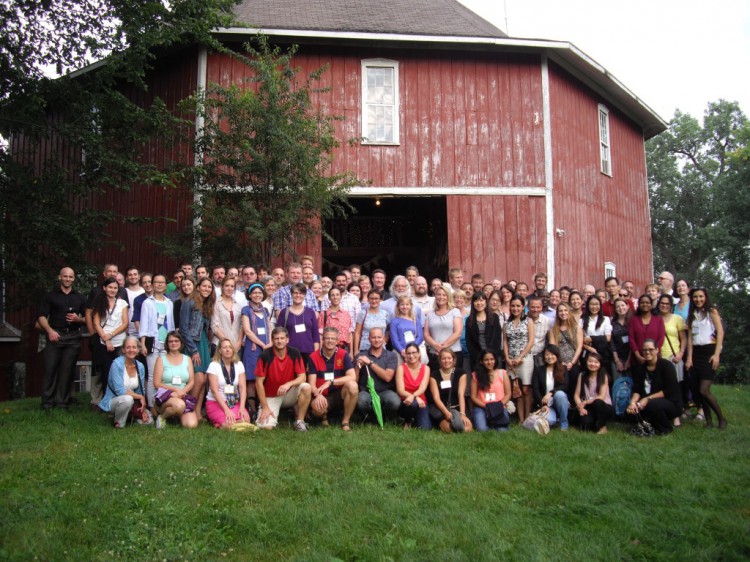Last month’s Fourth International EmCon Conference continued its tradition of advancing the science of emerging contaminants in the environment. NCCOS scientists presented research on how exposure of shrimp to antimicrobial compounds affects associated Vibrio bacterial density, and development of antibiotic resistance.
The EmCon Conference provided a forum to inform coastal managers about the occurrence, fate, and effects of emerging contaminants, as well as to assess new analytical chemistry methodology and new technology for the treatment of these compounds in wastewater treatment facilities.

Emerging contaminants such as pharmaceuticals, antibiotics, hormones, personal care products, and nanoparticles, are an important environmental issue because they are not effectively removed through standard wastewater treatment. Complex mixtures of these compounds have been measured in surface water, groundwater, and drinking water worldwide. Emerging contaminants are linked to negative effects on aquatic organisms such as the feminization of fish and altered swimming behavior.
The conference included international participation by representatives of NCOSS,US Geological Survey, numerous US universities, as well as scientists from Germany, Canada, Israel, New Zealand, Poland, China, Sweden, and Norway.
For more information, contact Marie.DeLorenzo@noaa.gov.
